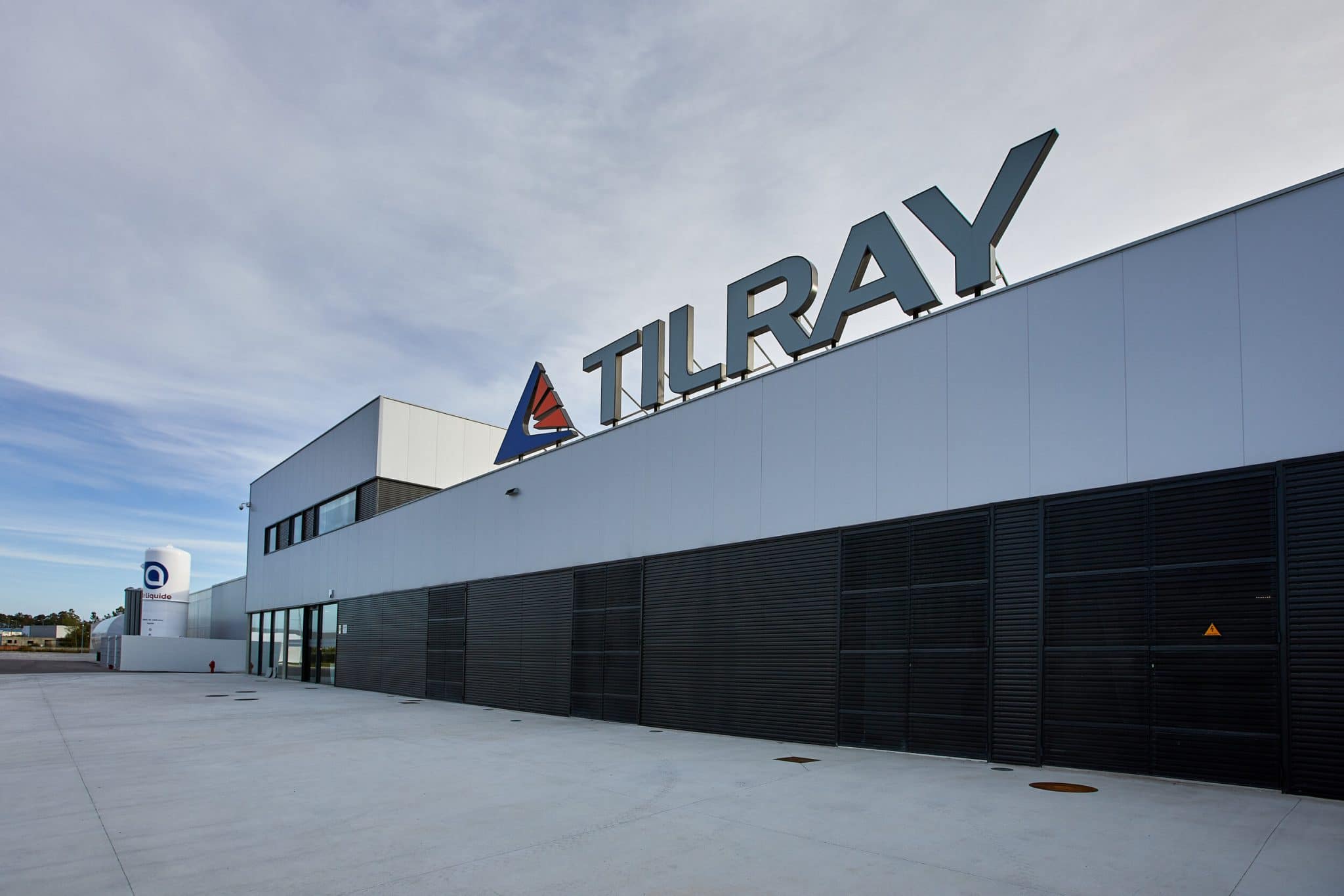
Stefan Quenneville of Echelon Capital Markets has lowered his expectations for Antibe Therapeutics (Antibe Therapeutics Stock Quote, Charts, News, Analysts, Financials TSX:ATE), cutting his target price to $3.00/share from $4.00/share while maintaining a “Speculative Buy” rating in an update to clients on Thursday.
Founded in 2009 and headquartered in Toronto, Antibe Therapeutics originates, develops and out-licenses patent novel therapeutics designed to prevent the gastrointestinal damage and bleeding caused by non-steroidal anti-inflammatories, as well as medical devices in the areas of pain, inflammation and regenerative medicine in Canada, Europe, the United States.
Quenneville’s latest analysis comes after the company announced its intent to pivot its clinical plans for its lead drug, otenaproxesul, from chronic pain to shorter-term dosing in acute pain. The shift is related to cases of liver toxicity seen at 28 days in a recent absorption, metabolism and excretion (AME) study.
“While the pivot to the US$13 billion acute pain market reduces the peak annual sales potential of otenaproxesul to about US$750 million from over US$3 billion as an osteoarthritis drug, the less onerous and risky clinical trial path and shorter trial timelines represent a reasonable trade-off,” Quenneville noted.
Antibe initially announced a hold to its AME clinical study in August, in which 42 healthy subjects received either a 75 or 100 mg daily dose of otenaproxesul for 28 days. The study found that five out of the 21 subjects in the 100 mg cohort and one subject in the 75mg cohort exhibited liver transaminase elevations (LTE) exceeding five times the upper limit of normal.
Quenneville notes that the LTE instances were all transient, self-limiting, required no clinical intervention and were likely caused by increased hepatocellular oxidative stress, which is also seen with other NSAIDs and acetaminophen.
This data prompted the pivot to prioritize acute post-operative pain as the lead indication for otenaproxesul despite the potential to pursue chronic pain indications with a different dosing regimen, which also means a shortened drug administration term at under two weeks, where the drug has already shown a solid safety profile at 14 days in its prior Phase IIb study at a higher dose of 250 mg.
“In our comprehensive review, it became apparent that otenaproxesul’s remarkable potency, GI protection and overall safety profile should be leveraged for acute pain use,” said Dan Legault, Antibe’s CEO in the company’s October 14 press release. “Short-term pain management has its own considerable challenges, not the least being a continued reliance on opioids, for which otenaproxesul is an ideal fit. Building on commercial research already in hand, we are initially targeting post-operative pain, with a plan to add further acute pain indications over time. Importantly, given the relatively short trials required, we foresee a faster path to market than originally envisaged with our chronic pain program. We are also pursuing a new indication with high unmet need for ATB-352, harmonizing its development with otenaproxesul’s new acute pain program.”
Moving forward, Quenneville notes that the company’s plan for otenaproxesul is to quickly undertake a Phase I study to establish dosing parameters for a loading dose regimen and to determine the speed of the drug’s analgesic onset, with an intent to move to a Phase II study likely in bunionectomy surgery patients, which is the most typical population used in trials for post-operative pain drugs, with Quenneville noting that the trial could be initiated in the second half of 2022, with results coming within six to 12 months.
From there, a potential Phase III study for otenaproxesul would likely entail a larger bunionectomy trial and a trial in soft-tissue surgery patients, which usually involves abdominoplasty (“tummy tuck”) or cosmetic breast surgery patients. Quenneville notes that the studies can be done simultaneously, with results potentially available within 12 to 18 months, meaning a significantly shorter than the company’s previously anticipated osteoarthritis trials.
Quenneville’s financial projections indicate the company’s status as a clinical-stage enterprise, with his 2022 revenue projection of $11.5 million reflecting a potential year-over-year increase of 18.6 per cent. Meanwhile, Quenneville projects a further EBITDA loss of $17.3 million in 2022, which is an improvement from the $19.8 million loss reported in 2021, and the earnings per share projection comes in at a loss of $0.34/share for 2022, an improvement over the $0.70/share loss reported in 2021.
Overall, Quenneville still believes Antibe’s lead candidate can make an impact in the marketplace.
“We continue to view otenaproxesul as a potentially meaningful and differentiated pain drug (NSAID without cardiovascular or GI side effects),” Quenneville said.
Antibe’s stock price has fallen 75.7 per cent for the year to date, reaching a high point of $7.00/share on February 17 before dropping to now below $1.00/share. At press time, Quenneville’s new $3.00 target represented a projected one-year return of 159 per cent.
Leave a Reply
You must be logged in to post a comment.





 Share
Share Tweet
Tweet Share
Share




Comment